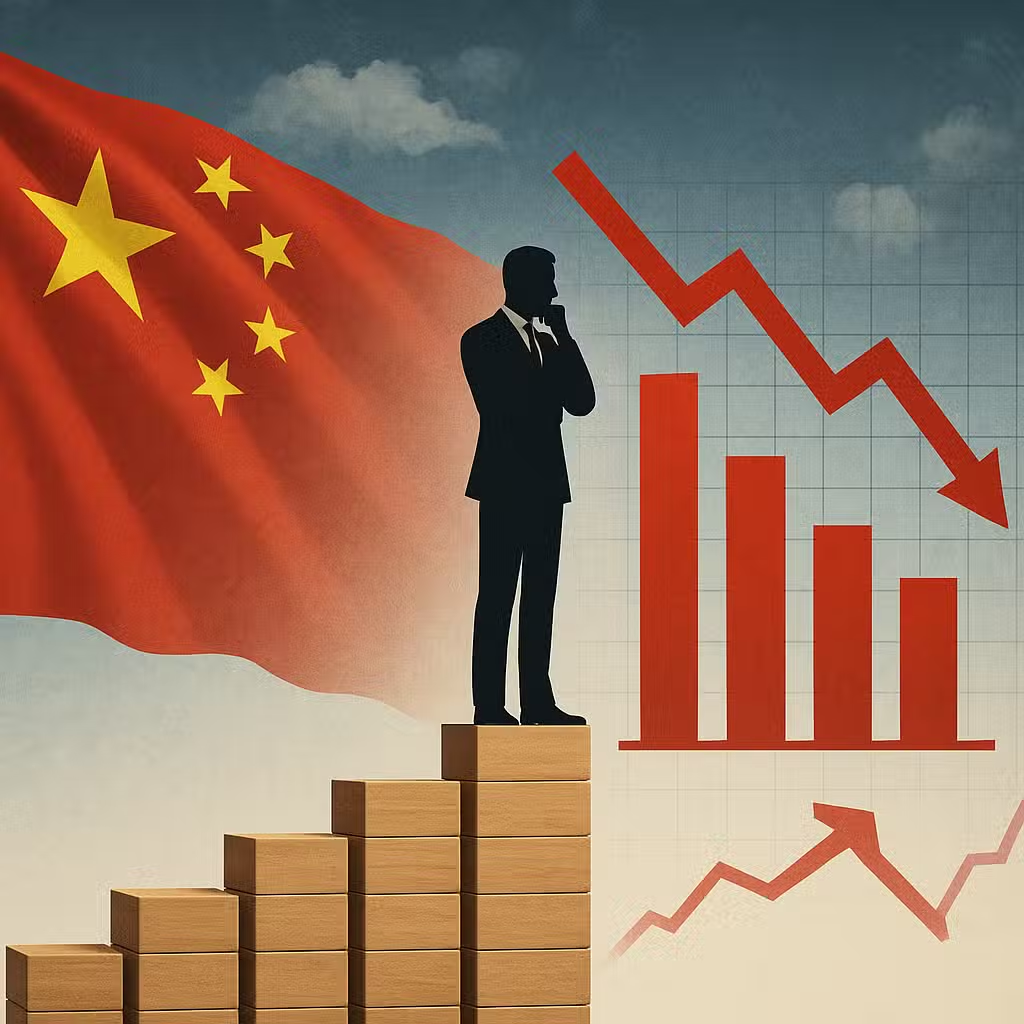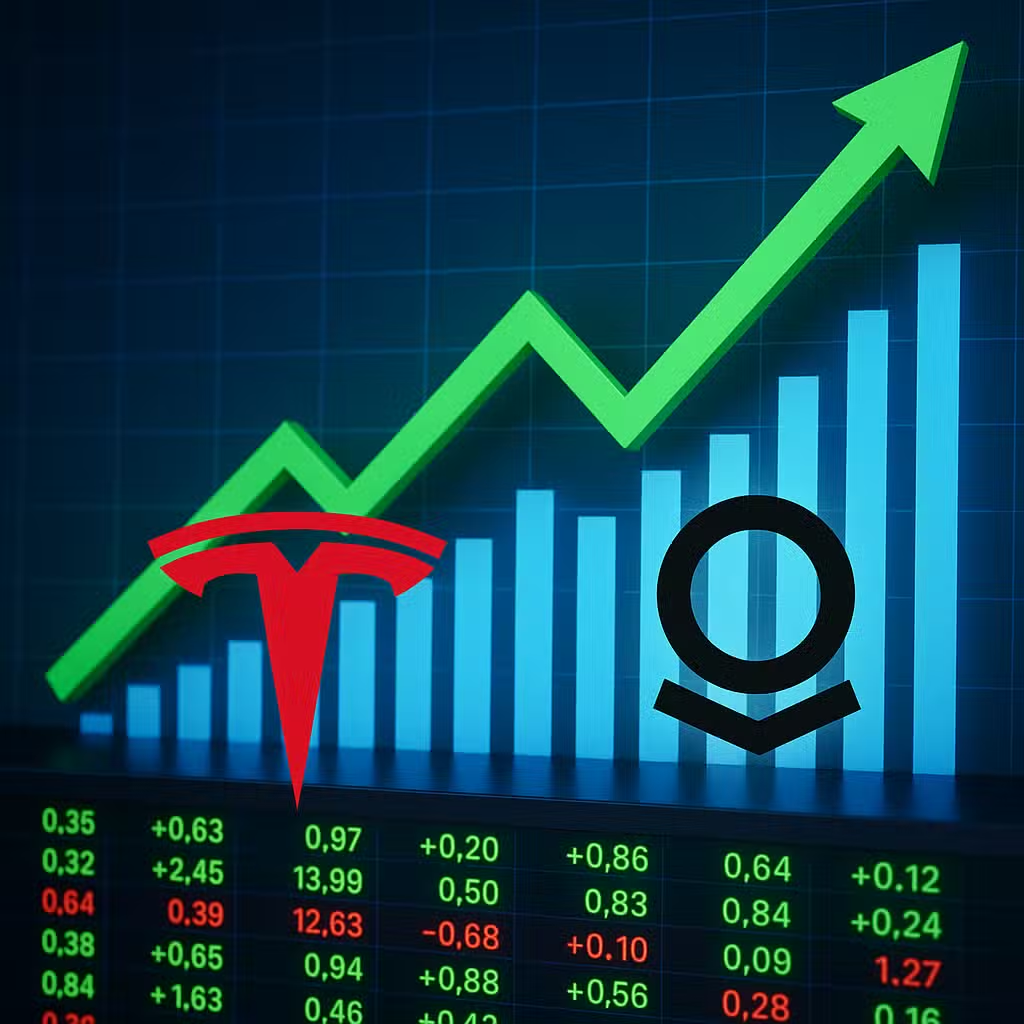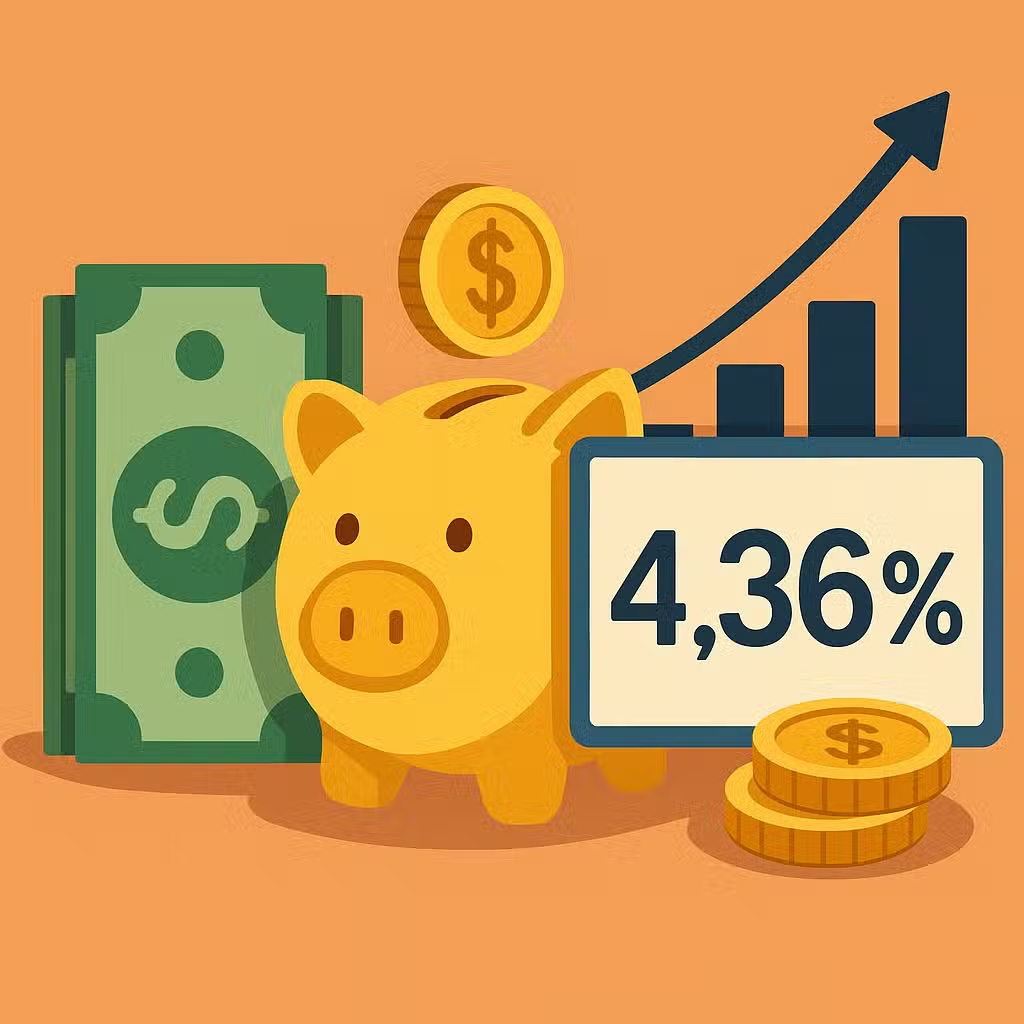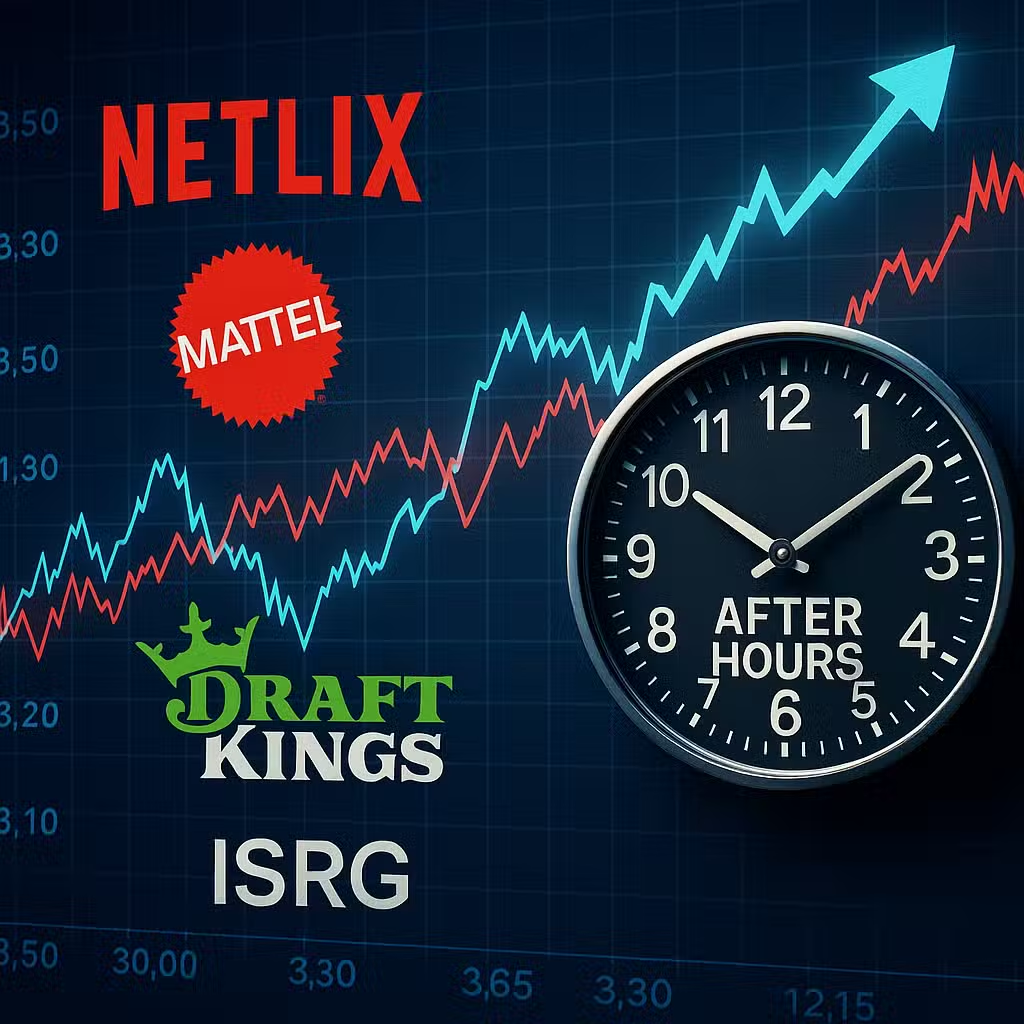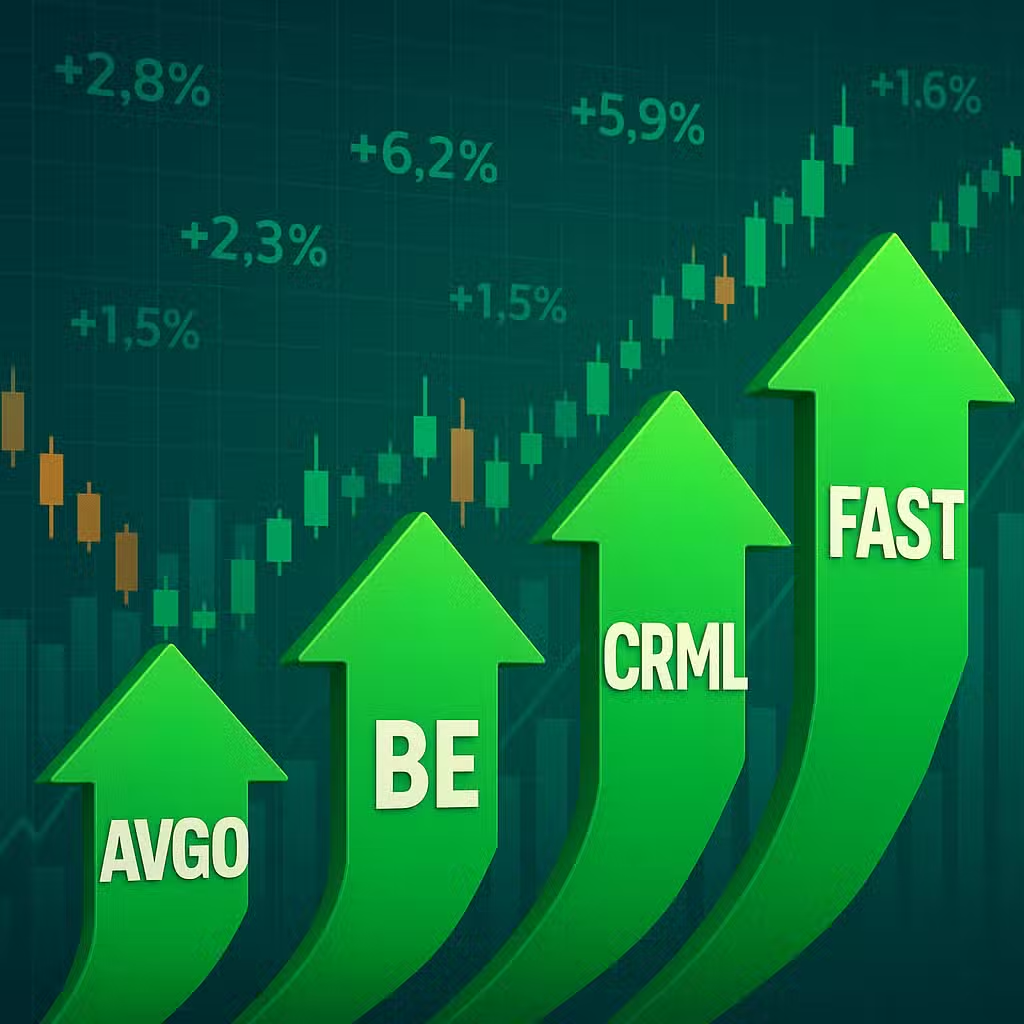China’s Job Market Recovery Faces Uncertainty as Tariff Risks Loom for Investors
Think of China’s economy like a giant shopping mall. If shoppers stop spending, the whole place gets quieter—even when the store owners try everything to bring them back. That’s what’s happening in China right now, and it matters for investors everywhere.
Why Investors Should Care
When people in China spend less, it doesn’t just hurt Chinese businesses—it can ripple across the world. Many global companies, from car makers to tech giants, depend on Chinese shoppers. If China’s economy slows down, it can affect stock markets, company profits, and even your investment portfolio.
Bulls: Reasons to Be Hopeful
- Government Action: Beijing is making domestic spending its top goal, with plans to raise incomes and make it easier for families to spend.
- Job Market: Unemployment has dropped, which can help people feel more secure about spending money.
- External Demand: There was a recent bounce in demand for Chinese goods from other countries, which could help boost confidence.
According to IMF data, China’s economy is still expected to grow by about 5% this year, which is strong compared to most countries.
Bears: Reasons to Be Cautious
- Housing Trouble: The real estate market is still struggling. Home prices fell in 63 out of 70 cities last month, up from 57 the month before. That makes people nervous about spending big money.
- Deflation Threat: Prices are dropping. In September, consumer prices were down 0.3% compared to last year. Falling prices can make people and businesses hesitant to spend or invest.
- Trade Tensions: The US might make it harder for China to buy and sell certain goods. If trade gets worse, it could hurt Chinese companies and jobs, leading to even less spending.
During the last big trade war in 2018-2019, global markets lost over $5 trillion in value, according to Bloomberg.
Market Reactions: What’s Happening Now?
Chinese stock markets dropped a bit after new US trade threats. The CSI 300 fell 1.03%, and the Shanghai Composite slipped by 0.86%. But the losses weren’t huge—many investors think these moves are just political “chess” ahead of big trade talks.
Meanwhile, the Hang Seng Index in nearby Hong Kong actually went up a little, showing that some investors are still hopeful for a deal.
Investor Takeaway
- Watch the Housing Market: If China’s real estate problems get fixed, it could spark a comeback in spending and stocks.
- Stay Alert for Trade News: Trade talks between the US and China can move global markets fast—keep an eye on headlines, especially around big meetings like the APEC Summit.
- Diversify: Don’t put all your money in one country or sector. China’s ups and downs can affect many markets, so spread out your investments.
- Look for Opportunities: Economic slowdowns sometimes create bargains. If you’re patient and do your homework, you might find quality companies at lower prices.
- Follow the Data: Track reliable sources like the IMF, World Bank, or Bloomberg for the latest stats. Numbers can help you see the bigger picture, not just the headlines.
For the full original report, see FX Empire

